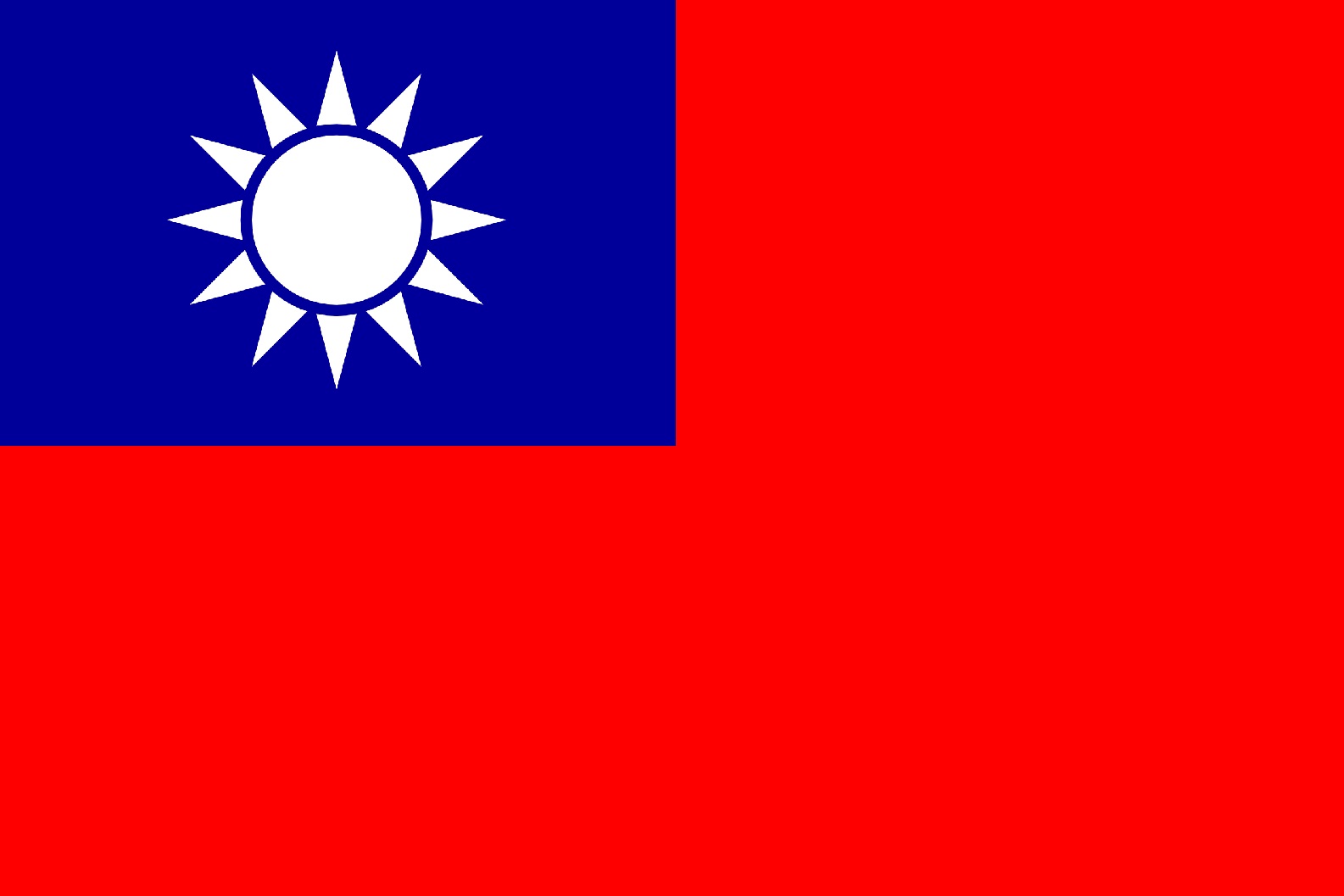
On Thursday, April 15, Taiwanese President Tsai Ing-Wen warned her people that the communist regime in mainland China has launched a psychological warfare campaign against her country. This latest attack against Taiwan was intended to cause division in its society and make the people turn against the independent-minded president and her administration.
Tsai's warning came as a fake document circulated and went viral in Taiwan. This document claimed that her government was planning to import water from Japan's Fukushima Daiichi nuclear power plant for processing and disposition.
The document used the official format used by Tsai's office for public statements, it even attempted to copy the way her office writes announcements. This meant that any passing observer could easily mistake the document for official policy.
But Tsai's office quickly spotted it, and it was able to identify three flaws that made it obvious that the document was fake and most likely made by Chinese Communist Party operatives. Tsai mentioned these three key flaws on a Facebook post.
First, the document began circulating on Twitter on April 15, but the issue date on it is April 16. Second, the document said the decision to import nuclear water was made during a cabinet meeting. Tsai pointed out that the government of Taiwan does not hold cabinet meetings.
Finally, the document used one word in simplified Chinese characters. Taiwan does not use the simplified Chinese script, it uses traditional Chinese characters.
Thanks to these three key mistakes, especially the use of simplified Chinese characters, Tsai concluded that the fake document was an act of psychological warfare. She believes the release and spread of this false document were orchestrated by organized elements working in communist China in an attempt to subvert her administration.
Tsai: Chinese military activities threaten regional stability
Right before Tsai released the information regarding the CCP's attempts at psychological warfare, she met with a visiting delegation from the United States. This delegation was led by former Democratic Sen. Christopher Dodd of Connecticut and former Deputy Secretaries of State Richard Armitage and James Steinberg.
The delegation was sent to deter "adventurous maneuvers and provocations" from the CCP. (Related: U.S. Admiral expresses worry about communist China's future invasion of Taiwan.)
While these diplomats were in Taiwan, Tsai told them that Chinese military activities seriously threatened the region's peace and stability.
"We are very willing to work with like-minded countries, including the United States, to jointly safeguard the peace and stability of the Indo-Pacific and deter adventurous maneuvers and provocations," said Tsai during the meeting with the American delegates.
She vowed, during the meeting, to continue cooperating with countries like the U.S. to counter cognitive and psychological warfare threats and targeted misinformation attacks coming from the mainland.
In recent weeks, Taiwan has been subject to almost daily incursions of its airspace by China's air force.
On April 12 the country experienced the single largest incursion when 25 Chinese warplanes entered Taiwan's Air Defense Identification Zone.
China conducted this flyby in response to concerns expressed by Secretary of State Anthony Blinken towards China's "increasingly aggressive" actions against Taiwan.
This is the most that Chinese warplanes have crossed the median line in the Taiwan Strait which separates the island from the mainland since 1990. Both Taiwan and China previously had an agreement to not venture beyond this line of control. But China recently announced that it no longer recognized the sanctity of this median line and now regularly sends warplanes over it.
Tsai's administration has responded to the Chinese threats by saying that, in the event of a Chinese invasion of the island, Taiwan would "fight to the very last day."
Follow CommunistChina.news for more on Beijing's aggressive moves against Taiwan.
Sources include:
Please contact us for more information.




















